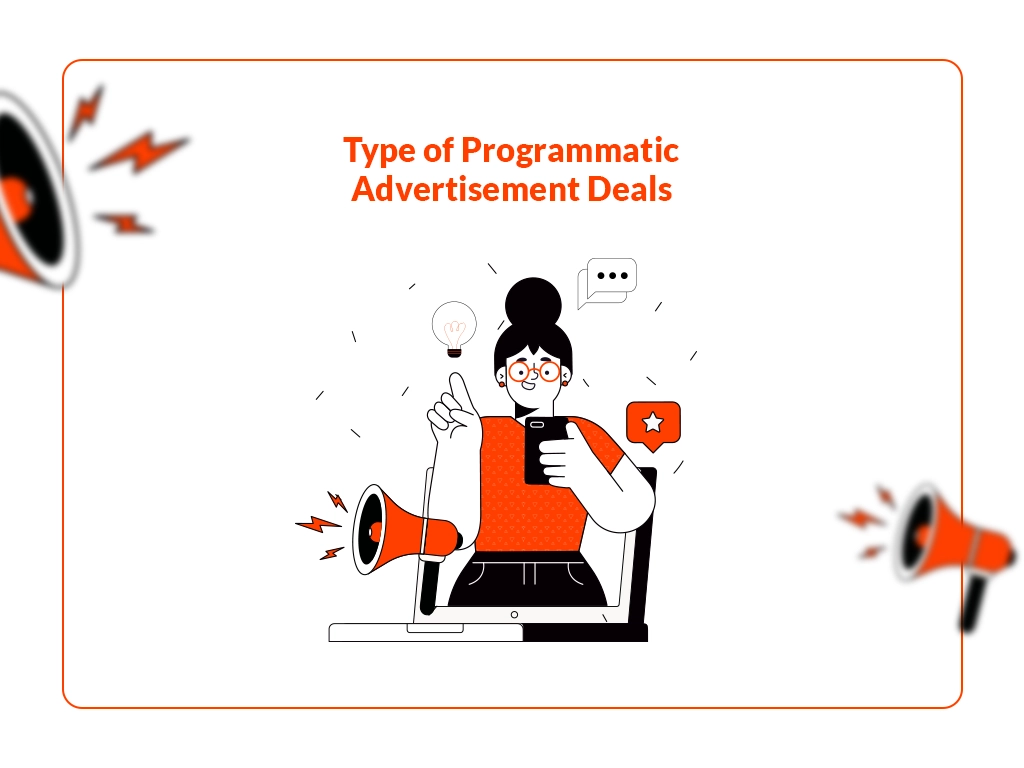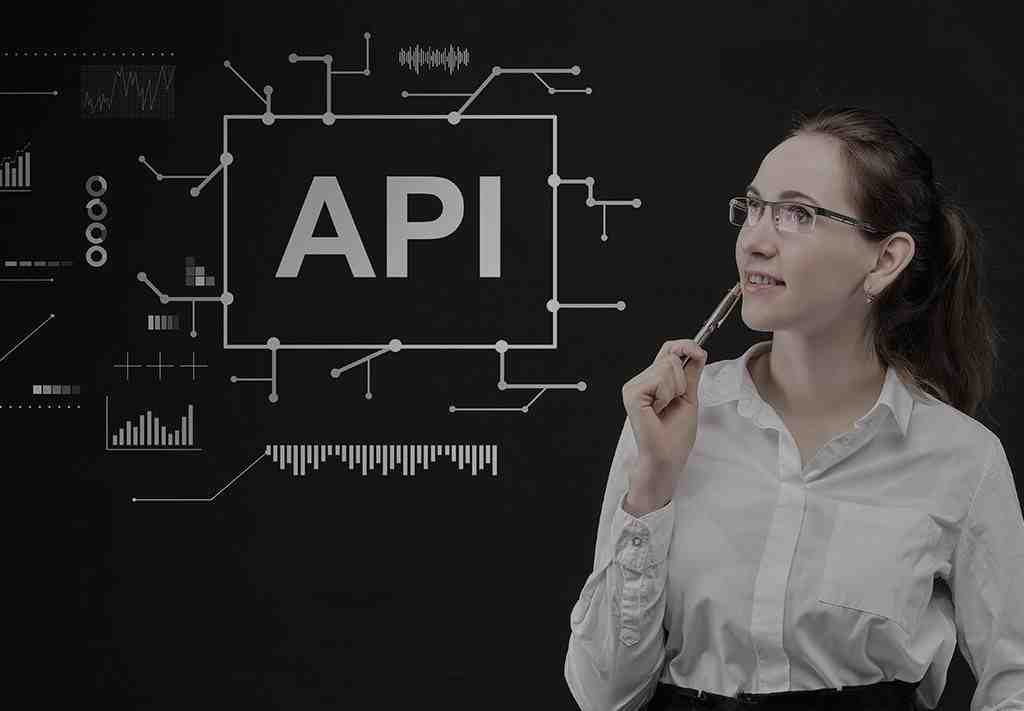Types of Programmatic Advertisement Deals
Explore programmatic advertisement deals, private marketplace deals, and open auction deals in the ad ecosystem.

In the evolving digital advertising landscape, the term “programmatic advertising” has become a cornerstone for advertisers and publishers alike. This automated approach to buying and selling ad inventories leverages software to streamline transactions, making the process more efficient and data-driven. Within this ecosystem, there are several types of programmatic advertisement deals: Programmatic Guaranteed (PG) Deals, Private Marketplace (PMP) Deals, and Open Auction Deals. Each of these deals offers unique benefits and processes, tailored to meet specific advertising needs.
Programmatic Guaranteed (PG) Deals
Programmatic Guaranteed Deals, often referred to as PG deals, represent a one-to-one transaction between an advertiser and a publisher. In this scenario, a single advertiser secures ad inventory directly from a specific publisher. This type of deal is particularly beneficial for advertisers seeking a controlled and predictable advertising environment.
For instance, imagine TeamViewer, an advertiser, wanting to place ads exclusively on Entrepreneurs.com. TeamViewer would use a Demand-Side Platform (DSP) to set up a campaign and request a proposal from the publisher. The proposal would outline key details such as the number of ads, expected impressions and clicks, Cost Per Acquisition (CPA), Cost Per Thousand Impressions (CPM), campaign duration, and ad placement specifics. Once the proposal is accepted, the transaction is conducted through an ad exchange, ensuring that the campaign details are met precisely as agreed.
What makes PG deals distinctly programmatic is the absence of manual negotiation. Unlike traditional methods where sales teams might manually handle agreements, programmatic guaranteed deals utilize software to automate the entire process, ensuring efficiency and reducing the potential for human error.
Private Marketplace (PMP) Deals
Private Marketplace Deals or PMP deals introduce a more exclusive form of programmatic advertising. This mode involves a single publisher offering ad inventory to a select group of advertisers. It is essentially a one-to-selected transaction, providing premium placement opportunities and ensuring high-quality ad environments.
Consider Entrepreneurs.com once again, but this time, it seeks to maintain the quality of its homepage by restricting access to top-tier advertisers like TeamViewer, Samsung, Apple, and Nike. The publisher creates a proposal and sends it to these selected advertisers. This selective approach ensures that only high-profile brands have their ads displayed in prominent locations, thereby maintaining the publisher’s brand integrity, and appealing to a more affluent audience.
PMP deals are advantageous for both parties involved. Advertisers gain access to premium inventory that might not be available through open auctions, and publishers can maintain control over their ad space, ensuring it is filled with high-quality ads that enhance their brand’s reputation.
Open Auction Deals
Open Auction Deals represent the most democratic form of programmatic advertising. In this one-to-all transaction, publishers make their ad inventories available to any interested advertiser through an open auction system. This process is facilitated by Real-Time Bidding (RTB), which allows advertisers to bid for ad slots in real-time.
When a user visits a publisher’s website, the publisher signals to the ad exchange that an ad slot is available. Advertisers connected to the ad exchange then bid for this slot, and the highest bidder wins. This entire process occurs within milliseconds, ensuring that the ad is displayed almost instantly.
Open auctions offer several advantages:
1. Access to a Broad Market: Advertisers of all sizes can compete for ad inventory, making it accessible for small and large advertisers alike.
2. Dynamic Pricing: Prices are determined by real-time demand, which can be more cost-effective for advertisers.
3. Wide Reach: Publishers can monetize their ad space more efficiently by opening it up to a broad audience.
However, open auctions also come with potential challenges. For instance, publishers must set restrictions to prevent conflicts of interest or to protect their brand image. A news website, for example, might restrict ads from competing news outlets or from industries like gambling.
Real-Time Bidding (RTB)
At the heart of open auction deals is Real-Time Bidding (RTB), a crucial mechanism that ensures fairness and efficiency in ad placements. RTB works by allowing advertisers to bid for ad inventory in real-time, with the highest bidder winning the ad slot. This system ensures that ad spaces are sold at market value and allows advertisers to reach their target audience effectively.
When a user visits a publisher’s website, the following steps occur in milliseconds:
1. Ad Request: The publisher sends a signal to the ad exchange indicating an available ad slot.
2. Bidding: Advertisers receive the signal and submit their bids based on their targeting criteria and budget.
3. Winning Bid: The highest bid wins, and the ad is displayed to the user.
RTB enhances the efficiency of programmatic advertising by automating the bidding process and ensuring that advertisers only pay what they believe the ad slot is worth.
Conclusion
Understanding the different types of programmatic advertisement deals—Programmatic Guaranteed (PG) Deals, Private Marketplace (PMP) Deals, and Open Auction Deals—is essential for advertisers and publishers aiming to optimize their digital advertising strategies.
Each deal type offers unique advantages tailored to specific needs, from guaranteed placements in PG deals to the competitive nature of open auctions facilitated by RTB. As the digital advertising landscape continues to evolve, leveraging these programmatic advertisement deals can lead to more efficient, effective, and targeted ad campaigns, ultimately driving better results for all parties involved.




